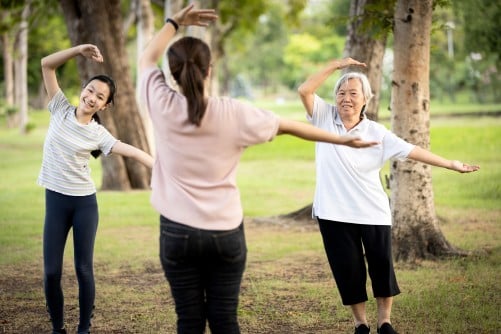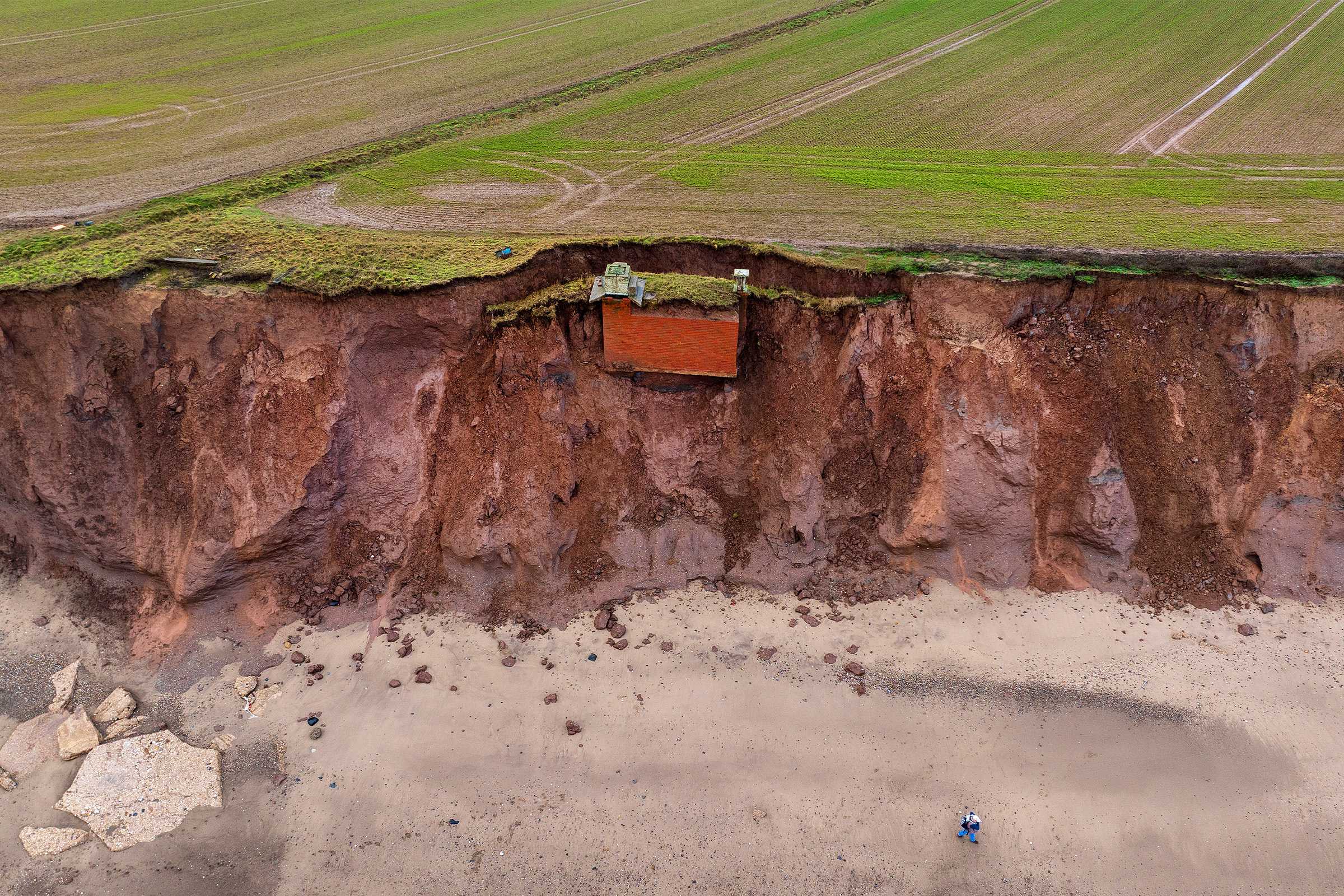
The Chula ARi project, initiated by the College of Population Studies at Chulalongkorn University, aims to address the challenges posed by Thailand’s rapidly aging population. Launched in 2018, this interdisciplinary program seeks to co-develop a comprehensive elderly care model that incorporates aspects of economics, society, health, environment, and innovation. As Thailand is projected to become a “super-aged society,” with individuals aged 60 and over expected to rise from 20% to 30% of the population within the next decade, the urgency for effective solutions has never been greater.
In a recent statement, Professor Dr. Vipan Prachuabmoh, the project director, highlighted the demographic shift occurring in the country. The generation currently aged 41 to 61, born between 1963 and 1983, experienced high birth rates, leading to a substantial increase in the elderly population. With nearly one million additional elderly individuals anticipated each year, the implications for healthcare, social services, and economic resources are significant.
The project seeks to prepare pre-seniors for the realities of aging, which includes the increased likelihood of chronic illnesses and potential dependency on others. “If there are too many bedridden patients, the next generation will be unable to cope,” noted Professor Prachuabmoh. As the number of elderly continues to grow, the working-age population decreases, presenting challenges to welfare systems and necessitating innovative approaches to care.
Developing Sustainable Community Solutions
The Chula ARi project emphasizes collaboration with communities and stakeholders to develop sustainable solutions. By leveraging research data to create community data platforms, the initiative enables residents to better understand their needs and develop strategies for enhancing the quality of life for the elderly. This approach has led to the establishment of model communities in urban Bangkok, including areas in Wang Thonglang and Phasi Charoen Districts, where initiatives such as exercise programs and green spaces have been successfully implemented.
Over the past few years, the project has piloted the development of ten elderly communities, focusing on holistic support that encompasses health, economy, and social engagement. For instance, the community of Rungmanee Phatthana has created vegetable gardens that not only promote nutrition but also provide income for elderly residents. Such projects serve as templates for other neighborhoods, showcasing how collaboration and data can lead to meaningful change.
The integration of technology is also pivotal. The Chula ARi project has partnered with Chulalongkorn University’s Faculties of Engineering and Medicine to develop robots aimed at assisting elderly care. These innovations include rehabilitation robots for stroke patients and telemedicine devices that facilitate health monitoring, demonstrating the potential for technology to enhance care delivery.
Expanding Impact Beyond Bangkok
Following the success of the initial pilot projects, Chula ARi is expanding its efforts to include 15 additional communities in the Prawet and Pathumwan districts. This initiative, set to run from 2024 to 2026, aims to further refine the elderly support system by engaging local residents in data collection and community planning. The project emphasizes the importance of community ownership over data, allowing residents to track their progress and develop tailored solutions to meet their unique needs.
The initiative recognizes that preparation for an aging society requires a proactive approach. Professor Prachuabmoh stresses the importance of planning for health, finances, and continued learning to ensure that individuals can lead fulfilling lives as they age. “We need to plan our lives. We need to plan our health, our financial situation, our age-appropriate careers,” he stated, underscoring the need for resilience in the face of societal changes.
As the Chula ARi project continues to evolve, it seeks to foster collaboration across disciplines and sectors. Engaging with local administrative organizations and other stakeholders, the project aims to create a robust support system for the elderly, ultimately enhancing the quality of life for all Thais. For more information on the initiative, interested parties can visit the Chula ARi website at http://www.chulaari.chula.ac.th/.
The Chula ARi project serves as a critical model for addressing the challenges of an aging population, emphasizing the need for comprehensive planning, community engagement, and innovative solutions to build a supportive environment for future generations.






